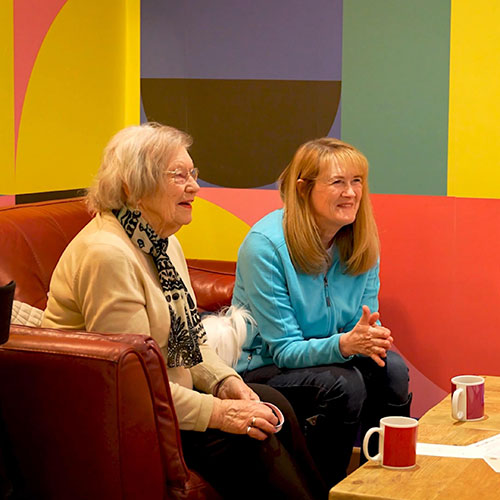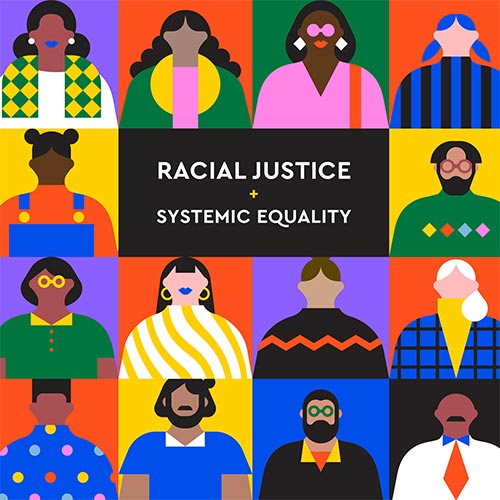Institute for Social Justice
Community action and inclusive economies
Our research seeks to promote inclusive economies, anti-racism strategies and organisational change.
/prod01/yorksjacuk/media/content-assets/safe-images/1600-x-1000/Up-for-Yorkshire-image.jpg)
Building and empowering strong communities is central to social change and social justice.
The Institute for Social Justice seeks to work with communities and stakeholder organisations, drawing on interdisciplinary research to support and inform community action. Our partnerships include projects that seek to promote inclusive economies, anti-racism strategies, organisational change and development and much more.
Current projects

Up for Yorkshire
Up for Yorkshire works to enable the voluntary and community sector in Selby to grow and flourish.
Funded by the ISJ, the Converge Evaluation and Research Team (CERT), a York St John research group, are working on a project to identify how Up for Yorkshire can better listen to, capture and represent the voices of people with lived experience in order to have a meaningful impact on policy and the design of community services.
We will explore how organisations involve people with lived experience in decision-making with the goal of creating a model for meaningful engagement with people with lived experience which can be broadly replicated across the sector, widening opportunities for those seldom heard to share their voices and experiences.
Through pilot activity, this project will enable Up for Yorkshire and the VCSE sector it supports, to enhance and develop existing lived experience engagement methods.

Community led tourism in York
York is one of the country's most popular tourism destinations, attracting over nine million visitors each year, contributing more than £750 million to the local economy.
While the positive impact of tourism is widely lauded, its value is usually conceptualised purely in financial terms, retaining a heavy focus on business growth, inward investment, development and profit. Sustainability, resilience, pressure upon structural resources and social concerns, such as housing affordability, transport and social mobility are often relegated to the periphery, leading to a growing sense of fragmented community cohesion and resentment from many local residents. It is within this context that this research, in collaboration with the Good Organisation a York based Community Interest Company and York Business School, aims to gain a deeper insight into that disconnect and explore how local stakeholder engagement can be broadened to bridge a deepening divide between local communities and the hospitality sector.
The project maps and analyses examples of community-led tourism initiatives, both in York and elsewhere, which could potentially be replicated locally or across similar destinations throughout the UK.
This work is also connected to the Visitor Economy and Experience Research Group.

Inclusive employability, work and employment
In Britain, the pandemic increased the interest in precarious work which had been unfolding in contexts of fiscal austerity and hostility brought by Brexit and changes in the global economy. These phenomena tend to be accentuated in post-industrial towns, which concentrate above national averages of economic inactivity, rely on community volunteering, and host economic sectors that rely on 'precarious' work, more likely to be carried out by women, young people and non-white/non-British workers.
Research in this area investigates 3 questions:
- What are un/paid workers doing to make ends meet?
- What formal or informal routes are they taking to achieve the latter?
- And how can workers' experiences inform local service provision of their everyday needs through a progressive ethics of care?
The research has been focused on South Yorkshire. With colleagues in the Universities of Sheffield and Staffordshire, new developments are envisaged to include other English regions.
Archived projects

Researching anti-racism practice in York
The aim of this research was to support the development of an anti-racism and inclusion strategy and action due to be submitted to the City of York council in February 2023. This research illuminated the extent to which ethnic minority groups within York are exposed to racism and discrimination in the areas of education, healthcare and policing to facilitate the production of a comprehensive, evidence-based anti-racism and inclusion strategy.
The research was conducted as part of an ISJ Community Research Grant in collaboration with Inclusive Equal Rights UK.
